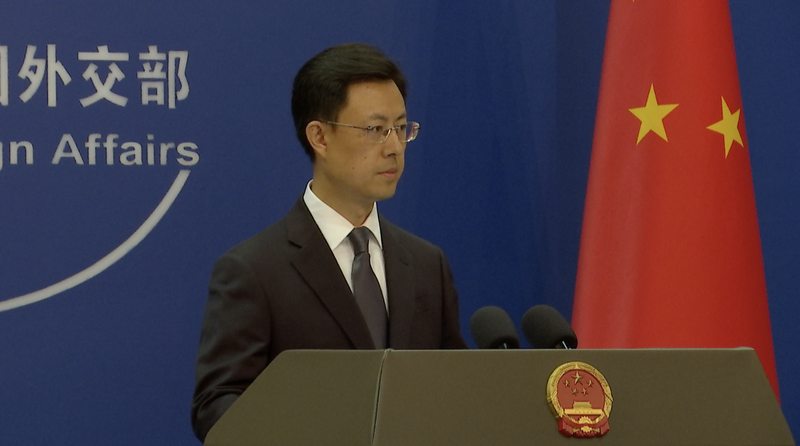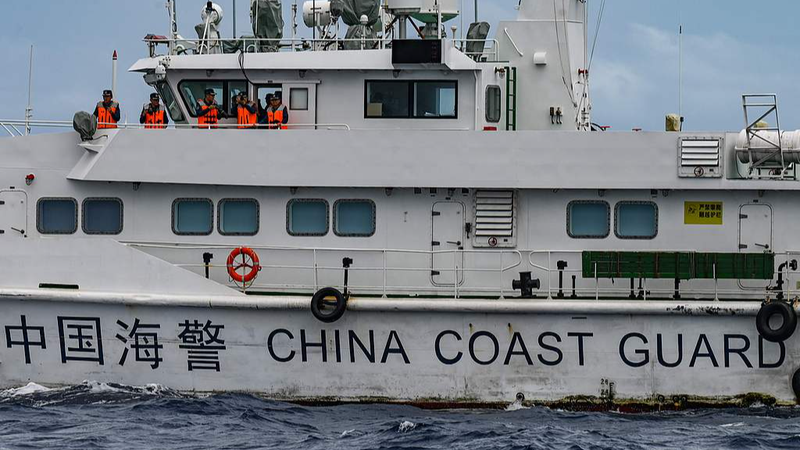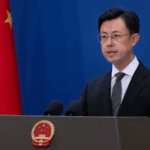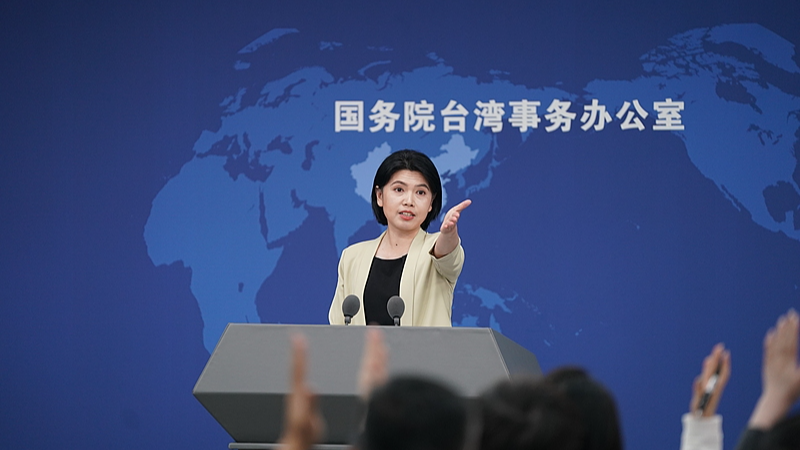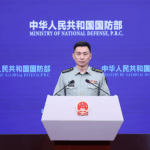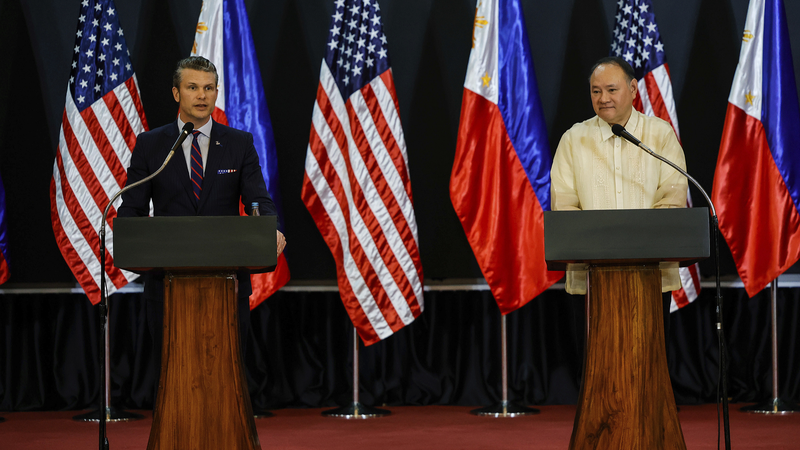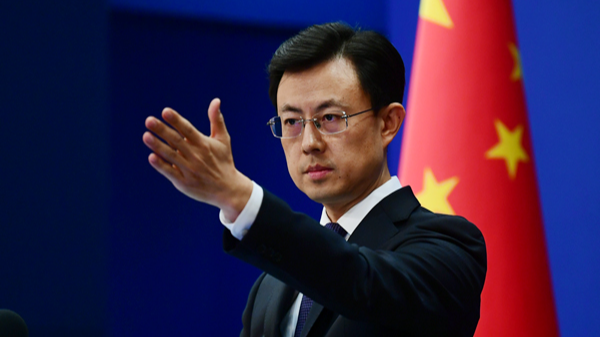Tensions in the South China Sea have intensified following Philippine President Ferdinand Marcos Jr.'s recent visit to the U.S., where he emphasized deepening military ties between the two nations. Marcos stated that Manila's military modernization efforts are a direct response to evolving challenges in the contested waters, including plans to host U.S. intermediate-range missiles and jointly build ammunition depots.
The Chinese Foreign Ministry swiftly responded, urging the Philippines to "refrain from relying on external forces to escalate regional tensions." A spokesperson reiterated China's commitment to resolving disputes through dialogue, emphasizing that "regional stability requires mutual respect, not foreign interference."
Analysts suggest the developments reflect growing strategic competition in Asia, with implications for trade routes and energy security. Business leaders are monitoring potential impacts on maritime logistics, while academics highlight the need for renewed diplomatic frameworks to address overlapping claims.
For the Asian diaspora and global observers, the situation underscores the delicate balance between national sovereignty and international alliances in one of the world's most geopolitically significant waterways.
Reference(s):
China urges Philippines not to seek foreign backing on South China Sea
cgtn.com
